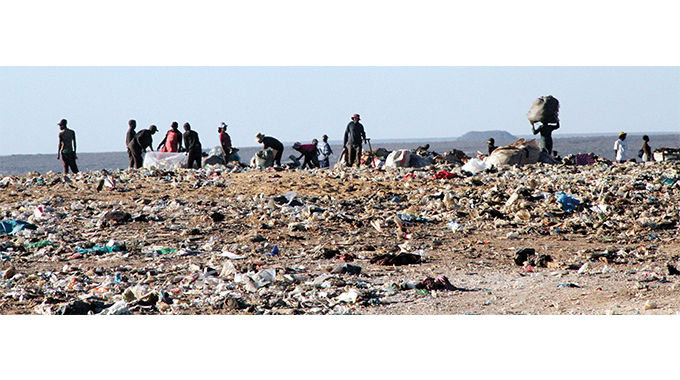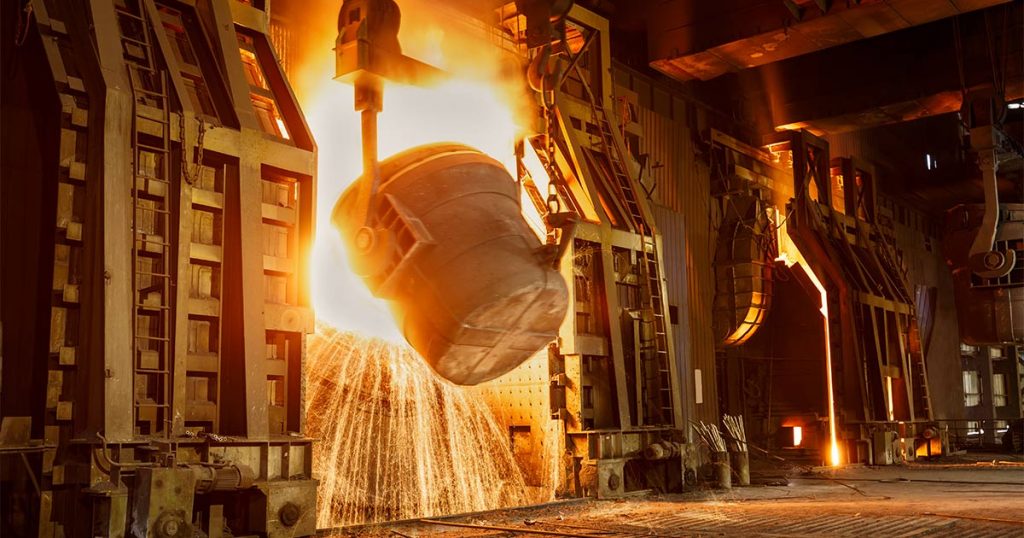Govt to restore viability of metal casting sector
Government says it is fully aware of the need to restore the viability of Zimbabwe’s metal casting industry to its former glory, as the sector has potential to drive economic recovery and growth.
Finance and Economic Development Minister Mthuli Ncube, in a keynote address at the Zimbabwe Metal Casting Summit in Harare last week, said through the National Development Strategy 1 (NDS1) the Government had embraced and supported all initiatives that seek to promote beneficiation of local raw materials and building domestic capacity through upskilling of local artisans.
“It is my belief as Minister of Finance and Economic Development that if we extract mineral metals through mining; beneficiate these through tool making and die casting, we can begin to re-industrialise our economy,” he said.
He added that tool making and die casting, which are at the core of industry, enable the industry to make tools and parts for machines and once there is strong capacity to make tools, machine components, and spare parts, they can easily transition to the manufacture of whole machines.
“Once we move up that value chain and can build machines, we can easily transition further to make and build industrial manufacturing systems. So in my view this is the right way to go,” the Minister said.
Minister Ncube noted that such a strategy is consistent with the country’s reindustrialisation thrust, which seeks to position Zimbabwe as a manufacturer for manufacturers.
“We need to build Zimbabwe’s re-industrialisation strategy on a bedrock of capabilities to make intermediate goods in the form of machinery parts and components for our neighbours; the region and beyond,” he said.
The Minister said there were a number of challenges that the metal casting engineering sector was facing, including limited access to finance and foreign currency for importation of raw materials and capital equipment, stiff competition from imports, liberal export of scrap metals which starves the local industry of critical inputs as well obsolete technology leading to high cost of production.
Other challenges include erratic power supplies and low product uptake particularly by the automotive sector, among others.
“On the part of the Government, we see opportunities to grow this industry and take
advantage of various incentives that are available for all businesses that support import
substitution and export generation,” Minister Ncube said.
He challenged the summit, through engagements, to come up with a clearer roadmap of
addressing these challenges.
“On the part of our government, we are ready to receive the recommendations that will
be drawn from this two day engagement and we will give them serious consideration,”
the minister said.
Minister Ncube noted that the world was becoming more complex, uncertain and fast
moving than ever before, and yet opportunities exist that need to be exploited.
He said recent developments with regard to the current geopolitical tensions are a good
reminder of the importance of import substitution as a strategy for sustainable economic
growth in our country.
“Additionally, the launch of the AfCFTA in 2021 brings with it market opportunities as
well as threats to local firms if appropriate strategies are not implemented in time,” he
said.
He added that building resilience of the local economy is the centrepiece of Government
policy interventions going forward.-The Herald











